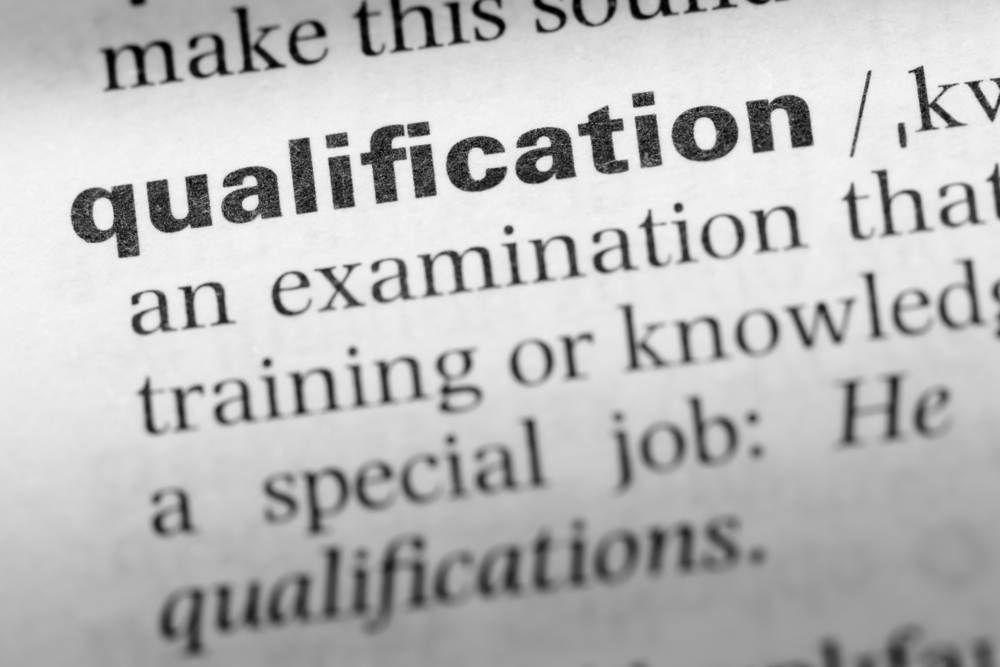Nowadays it is almost a rite of passage to travel to foreign lands or work overseas after finishing your degree. Not only does it open your mind and offer you a new kind of degree in “life experience”, it can also prove influential in both instigating and developing your career. Many people who have worked overseas also find that it can have a very positive effect on potential employers when they return home because it shows determination, audacity and a desire to succeed.
It is of the utmost importance that all nationally-recognised qualifications should be given the same recognition in countries across the globe. Geography should not have any bearing on the significance and value of your certification. The skills and qualifications we gain in higher and further education are designed to enable the graduates to be able to use them to land them career opportunities on a global scale and not just simply in one place.
The National Framework of Qualifications (NFQ) in Ireland is responsible for standardising and integrating a system of qualifications in Ireland which determines the value of each award within this system. All awards granted within the NFQ are internationally recognised which makes it easy to compare and contrast their value with different types of awards – both within Ireland and across the globe. The recognition of qualifications between European countries is necessary to enable European citizens to study and work in countries other than their own. Countries within the EU are now working on a system that will make all qualifications gained within any country in Europe transferable and usable throughout Europe. In this way, qualifications can be used as a kind of common currency – like the Euro –in Europe. The National Qualifications Authority of Ireland is the Irish centre for the recognition of international awards which is known as Qualifications Recognition – Ireland. It represents Ireland in a European network of centres that promote the recognition of international qualifications throughout Europe. For more information regarding the recognition of international qualifications abroad – as well as the value and recognition of foreign qualifications in Ireland – go to www. qualificationsrecognition. ie
Since 2005 graduates of HETAC awards receive a copy of their Diploma Supplement along with their parchment, making the process of award identification outside Ireland even easier. It is designed to provide a description of the nature, level, context, content, and status of the studies that have been successfully completed by the student named on the parchment associated with the Diploma Supplement. The Bologna Declaration of June 1999 has put in motion a series of reforms needed to make higher education more compatible and comparable for students both inside and outside of Europe. The Declaration recognises the value of coordinated reforms, compatible systems and common action. It aims to create convergence in higher education in Europe by 2010.
The EU Parliament is in the process of establishing a European Qualifications Framework (EQF) for lifelong learning. The aim of the EQF is to act as a kind of “translation device” for qualifications around Europe, enabling both employers and individuals to compare and contrast the value of different qualifications throughout Europe. This “translation device” will be based on learning outcomes and will mark what the learner can do at a given level regardless of what qualification they have gained. This will ensure that the framework of qualifications across Europe will be a system of standardisation and integration, making it easy for everyone to see and understand the value of their qualifications both on their own and in relation to other qualifications. In this way the European Commission’s aim to make a European Area of Lifelong Learning will become a reality.












Comments